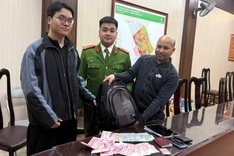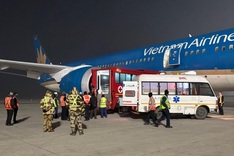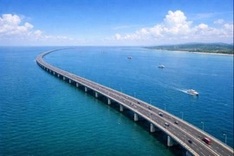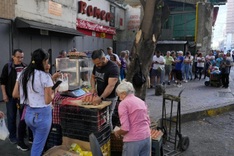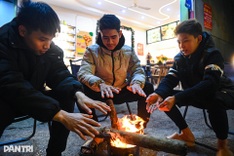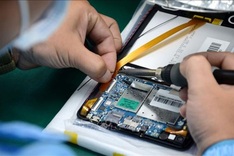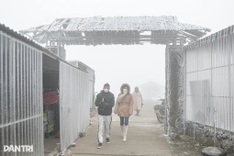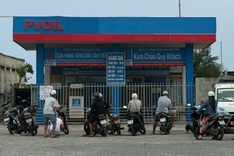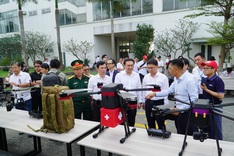More foreign garment and textile investors are stitching up investment deals in Vietnam as production costs rise in China.
Vietnam is no longer hanging off China’s coat-tails in the material world.
 |
| Vietnam is no longer hanging off China’s coat-tails in the material world |
Last week, Hai Duong provincial People’s Committee licensed a joint venture between Pacific Vietnam Textile Limited and Crystal Corporation to build garment and textile complex at the cost of USD180 million.
The total targeted turnover for these two projects in Hai Duong’s Tu Ky district is USD590 million per year. They will also supply fabrics for the domestic market.
Investors said this would be the largest vertically integrated project of its kind in Vietnam, since the focus will be on an integrated manufacturing process from knitting to dyeing, cutting, sewing and finishing products.
Crystal Corporation built Regent Garment Factory in northern Hai Duong province in 2006, with a capacity of 32 million units a year.
Crystal Corporation and Pacific Textile Holding Limited currently have many world clients including Uniqlo in Japan, Wal Mart, JCPenney and Gap in the United States, and Mango and H&M in Europe.
In a similar development, Danang People’s Committee granted investment certificates three months ago to Japanese Morito group’s four garment firms Oishi, Amagasaki Seikan, Inoue Ribbon and Fukui Denka Koygo.
The four projects have a total initial investment capital of USD15 million and cover an area of five hectares in the city’s Hoa Khanh Industrial Park.
Morito provides garment components to world-famous brands like Adidas, Nike, Gucci and Dolce & Gabbana.
Last week, Fumio Koyama, senior consultant at the Japan International Cooperation Agency (JICA), said a number of Japanese investors were implementing a “China+1” business strategy to open another production location. This was being done to diversify supply sources, with Vietnam among the locations that were receiving their attention.
“With reasonable labour costs, Vietnam is the most recommended candidate for Japanese garment and textile businesses to choose when seeking a new investment destination,” said Koyama.
According to a JICA report, the average salaries for a manufacturing sector worker in Vietnam were USD70-USD116 per month, while in China this figure was USD192-USD290. In India and Cambodia, wages were at USD187.4 and USD80-USD100 per month, respectively.
Koyama added that Uniqlo, a Japanese clothing retailer, had decided to reduce the share of clothes it sources in China as a hedging strategy against future trade disputes while its new factories in Cambodia and Vietnam would make up the shortfall.
Christian P. Schindler, director general of International Textile and Manufactures Federation, said Vietnam was becoming an ideal location for many investors.
“Many delegations have come to Vietnam to find partners for joint venture in textiles and garments as well as building their plants in Vietnam thanks to [the country being a] low cost sourcing alternative, and to our stable political and economic environment,” said Nguyen Thi Hong Tin, director of Vietnam National Textile and Garment Group’s market research and promotion department.

